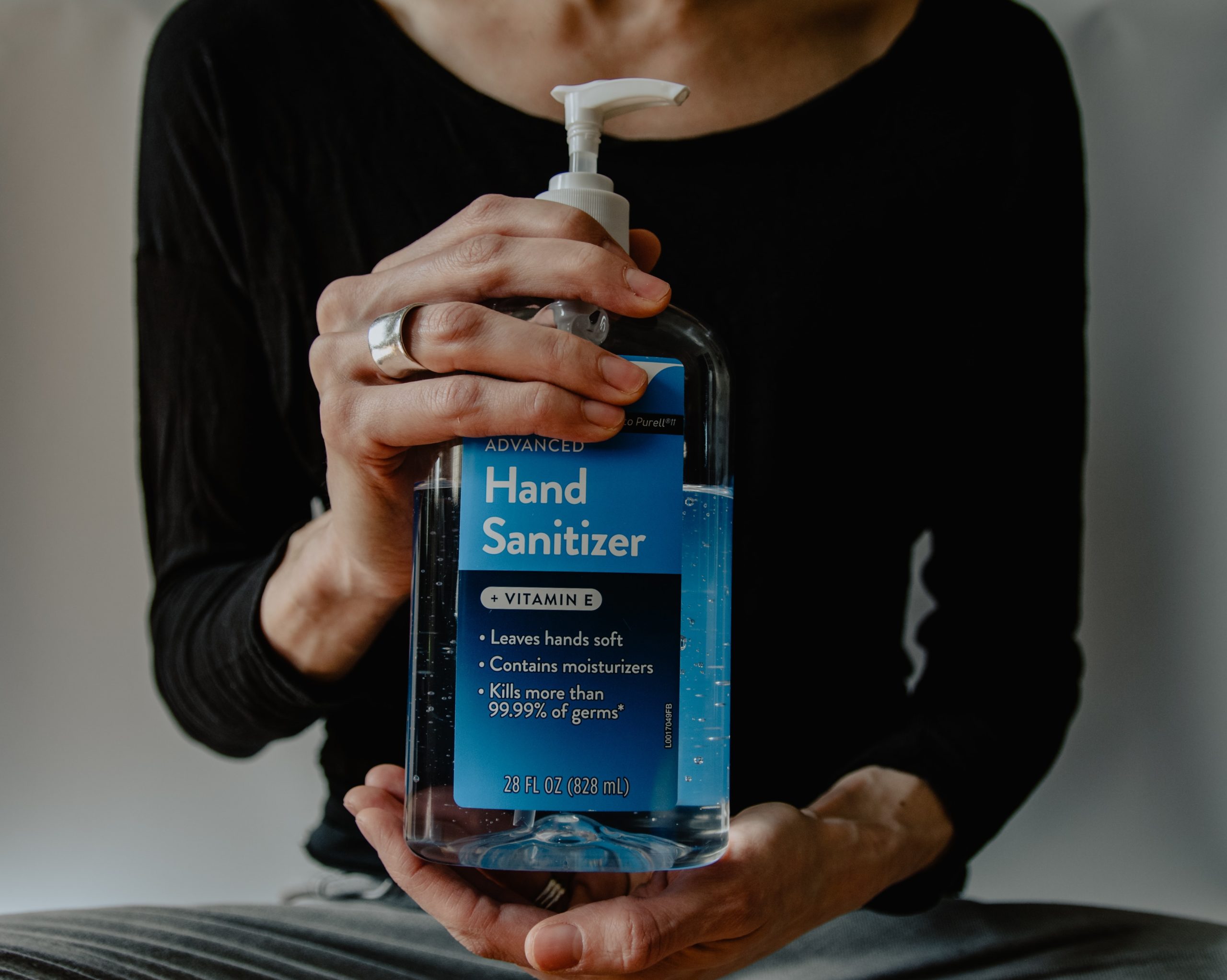Strada Healthcare’s Response to COVID-19
March 13, 2020
If you or a family member have respiratory symptoms or if you believe you have been exposed to COVID-19, please contact your provider immediately.

Sign Up for COVID-19 Antibody Testing
Since the outbreak of the Coronavirus in February, many patients have contacted us worried about how they can best prepare for the virus and ensure they are doing everything they can to protect themselves in their family. As a member of Strada Healthcare, we want you to know that you are not alone in navigating this disease; you have a personal primary care provider who is ready and able to help you navigate the disease if you or your family are affected.
We are taking the COVID-19 situation very seriously; however, we also want to encourage our members to avoid panic. The data that the CDC has published so far indicates to us that the majority of the population is at low-risk and should only experience mild symptoms before fully recovering. The United States has the best healthcare providers in the world, and we have navigated outbreaks with similar pathogens in the past. We encourage all our members to remain engaged in their healthcare, follow precautions if they are experiencing symptoms, and most importantly, remain calm.
Amid the outbreak, we have fielded many questions regarding COVID-19. We have listed the most common questions along with our responses to each. Please visit the CDC’s website for the most up-to-date information on the Coronavirus outbreak.
How did the Coronavirus / COVID-19 get its name?
- The CO stands for ‘corona’ the VI stands for ‘virus’ and the D stands for ‘disease’. Formerly, this disease was referred to as ‘2019 novel coronavirus’ or ‘2019-nCoV’.
What are the symptoms?
- Generally, the symptoms are fever, cough, and shortness of breath. But symptoms for COVID-19 can vary patient-to-patient. Younger, healthy patients may only get a slight fever and cough, while the immunosuppressed or elderly may experience much more severe fevers and shortness of breath.
How does the mortality rate compare to seasonal flu?
- We don’t know this right now, it appears that the mortality for COVID-19 might be higher but it is difficult to assess because most patients who get this virus are relatively a-symptomatic. The majority of patients who contract the disease will get a sore throat, some sinus congestion, and proceed to get well in several days. It’s the patients who happen to get the virus into their lungs and who are old or immunosuppressed who go on and have a significant problem.
How does the virus spread?
- The virus that causes COVID-19 is spreading from person-to-person, which is why we highly recommend social distancing and self-quarantining for those who are experiencing symptoms.
Who is at risk?
- Right now, the data is showing that elderly people and those who suffer from pre-existing conditions are more at risk to experience the worst symptoms of COVID-19. Keep in mind that everyone – whether they are young or old – has the same chance of contracting COVID-19, but many people who get it will not experience life-threatening symptoms. This might be one reason that we are seeing a higher mortality rate right now in COVID-19 because there are likely many people who became infected but did not know it because their symptoms were relatively light.
Will warm weather stop the outbreak of COVID-19
- It is hard to tell whether the temperature will affect the rate at which COVID-19 is spreading. We have much more to learn about the transmissibility, severity, and other features associated with COVID-19, and we are closely monitoring guidance coming out from the CDC.
Should I wear a facemask to protect myself?
- When in public settings – even when social distancing – it is recommended to wear a cloth face covering. The cloth face coverings will help prevent potential disease transmission, and most importantly, remind you not to touch your face. We do not recommend the regular use of N-95 masks, as these are critical supplies that should be reserved for hospitals, healthcare workers, and first-responders.
Should I be tested for COVID-19?
- If you develop symptoms such as fever, cough or difficulty breathing, stay home and contact your Strada provider over Spruce or call our main line at 402.401.4404. Your provider will determine if you have signs and symptoms of COVID-19 and whether you should be tested.
We recommend the following precautions to our members:
- Stay at home if you have a fever, respiratory symptoms, or believe you are sick.
- Strada Healthcare members, be sure to message your provider on Spruce if you have questions regarding your symptoms. Our providers are ready and able to provide you with the care you need. Avoiding an office visit will save you time, and lower the risk of disease transmission to others.
- Wash your hands frequently.
- The importance of hygiene during this time cannot be overstated. Wash your hands for at least 20 seconds using soap. If soap is not available use hand sanitizer that contains at least 60% alcohol.
- Disinfect your work area and common surfaces in your house.
- Use disinfectant to regularly clean your computer, keyboard, and workstation. Ensure that the products you use are EPA-approved. A list of products can be found here on the EPA’s website. If you are unsure about your product, just be sure that it contains at least 70% alcohol.
- Incorporate social distancing strategies, as feasible.
- If at all possible, you should avoid large groups of people and distance yourself from those around you in common areas.
- When in doubt, err on the side of caution.
- Call us or message your provider if you have questions about your symptoms.
